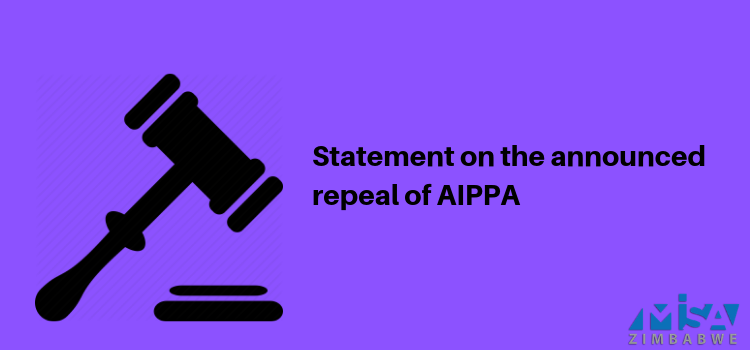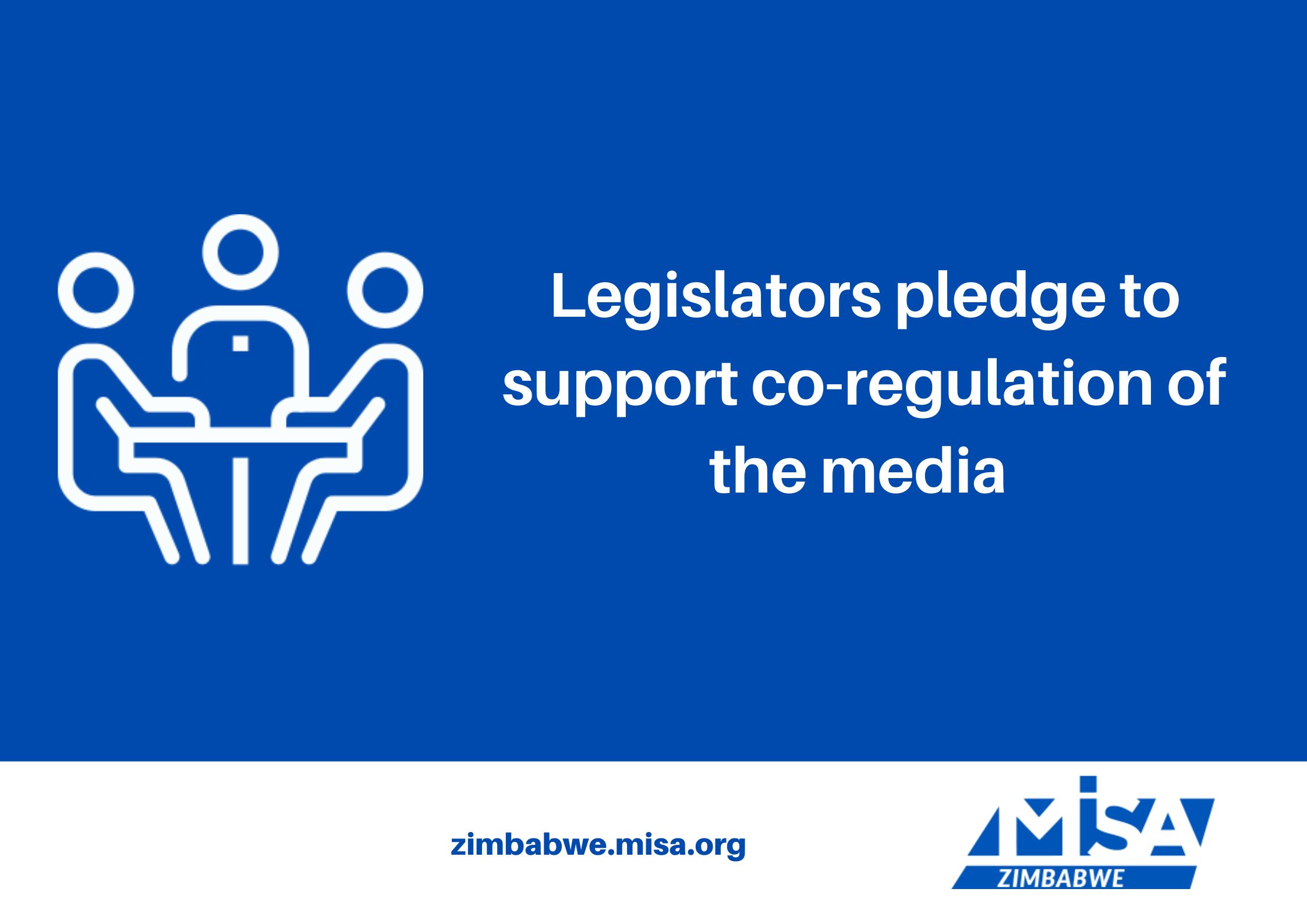On 12 February 2019, the Minister of Information, Publicity, and Broadcasting Services Monica Mutsvangwa announced that Cabinet had approved the repeal of the Access to Information and Protection of Privacy Act (AIPPA).
In the same statement, she revealed that her ministry was working to replace AIPPA with a Data Protection law, a Freedom to Access Information law, and a law regulating the Zimbabwe Media Commission.
She also revealed that Cabinet approved the drafting principles for the Zimbabwe Media Commission Bill. In brief, drafting principles provide an outline of the areas that a proposed Bill will regulate or touch on.
MISA Zimbabwe commends the government for publicly committing to repeal AIPPA. MISA Zimbabwe has over the years steadfastly pushed for AIPPA’s repeal.
We, therefore, urge the government to set and stick to timelines as to when AIPPA will be repealed and the three replacement laws are likely to be gazetted and debated in Parliament.
It should be noted that the minister’s announcement does not repeal AIPPA. AIPPA remains intact and in full effect until it is formally repealed by another Act.
The Zimbabwean government has an unflattering reputation of making progressive policy pronouncements, but then failing to follow through by implementing laws that enable the effective realisation of those policy changes.
For example, the government has made several commitments to finalise the drafting of Cyber laws, but this has remained in the ministerial pipeline for the past six years. Similarly, the government committed to meeting the ITU imposed deadline for the broadcasting digitisation process but the process is still to be completed.
MISA Zimbabwe respectfully submits that the ministry should ensure there is legitimate public consultation and involvement during the lawmaking process of the three Bills that will replace AIPPA.
Public involvement is a means of promoting participatory democracy in Zimbabwe and would prevent reproducing the same restrictive clauses were retained in previous amendments to AIPPA.
Meanwhile, technology has changed the way we share, access and consume information. The laws that will replace AIPPA must, therefore, reflect technologically driven changes to the media and broadcasting landscape.
These laws should protect and promote the enjoyment of fundamental rights in the online space. To this end, MISA Zimbabwe hopes that the ministry will be steadfast in its commitment to gazette a standalone Data Protection law.
Lastly, MISA Zimbabwe urges the ministry to introduce streamlined licensing procedures to avert the duplication of licensing bodies and procedures that make the licensing of journalists and media houses a prolonged, expensive and at times confusing exercise.
//END












